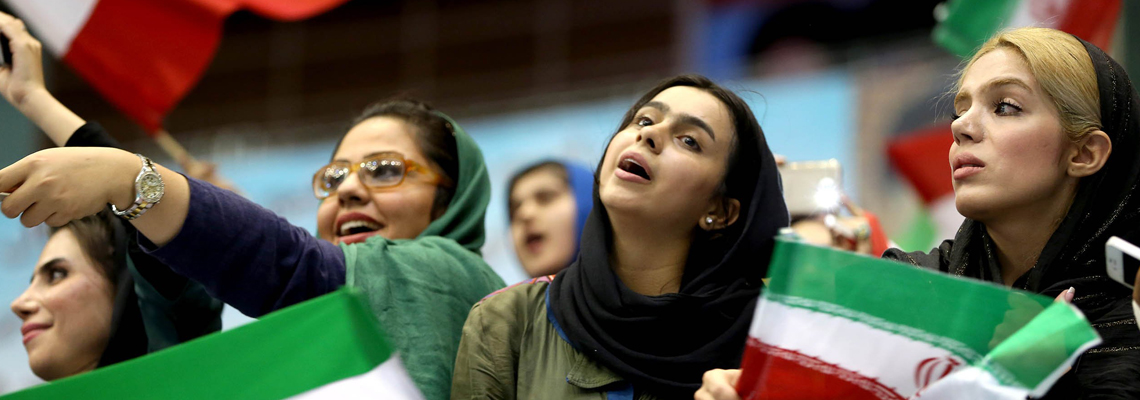The current Iranian constitution does not have any clause or category related to gender based discrimination. This means that women are exposed to domestic violence and sexual harassment without any form of protection by the law in Iran. For more on the proposed freedoms and rights for women in Iran, follow this link for more on the topic.
Gender Inequality Under the Law
The Iranian society is a Muslim society, the women and girls there are treated as second class citizens, and are suffering under a system of discrimination and gender based inequality. It is often described that the life of a woman is considered to carry half the value as that of a man. There have even been cases where women are awarded half the amount that a man was awarded for the same work.
In Iran a woman is legally required to satisfy her husband's sexual needs, and failure to do so means the man is allowed by law to deny any forms of allowance to his wife. Even in cases where inheritance is being passed down, the girls are entitled to only a half of what their brothers get. During a divorce child custody is automatically granted to the husband.
In the workplaces, the discrimination is rampant. Managers are given the power to specifically request men for certain positions. In positions that require a lot of travelling, women are very rarely considered and if they get the position, then a male family member should authorize the travels.
Travelling for leisure by women is also difficult because they are required to get authorization by male family members go with a man in their company. In some sporting events, women are disallowed to enter the athletic stadiums. Women in Iran are also banned from singing and dancing in public.
Violence Against Women and Girls
Domestic violence, forced marriage, rape, and other forms of domestic violence are still mostly widespread in Iran. The government has failed in its efforts to criminalize the offenders. In most reported cases of sexual and physical abuse, the victims are rarely given justice. Misogynistic violence has literally been normalized in Iran. The legal consequences for men who have been involved in cases of sexual and physical and sexual assault are non existent.
Voting Rights
Since the white revolution in 1962, women got limited voting rights, which allows them to participate in local elections. A protest was done to repeal the women's voting rights. After this repeal happened, women were then forbidden to participate in the referendum that was held during the White Revolution. After some of the women movement leaders tried setting up a voting booth for their suggestions. Soon after the referendum, women were granted voting rights. Six women were elected to the parliament in 1963.
Conclusion
Despite women rights in Iran being overlooked through the years, many outside and inside observers and enthusiasts have noticed an emerging generation of young educated feminist women in Iran. But if the Iranian women's movement wants to be highly recognized, they must surely accept some help from western feminist groups, whose efforts have been recognized worldwide.
Thanks to global feminism, women across the globe are becoming more informed about the current trends. There is also more engagement with the tools and mechanisms that were created through the U.N. gender projects and conventions.
The government and part of the Iranian society has recently invested in women's organizations and activist initiatives that try to empower women by offering skills that can encourage independence for women.
